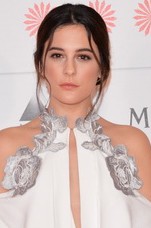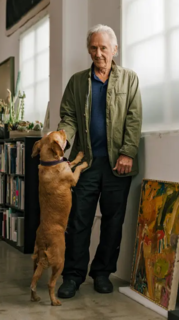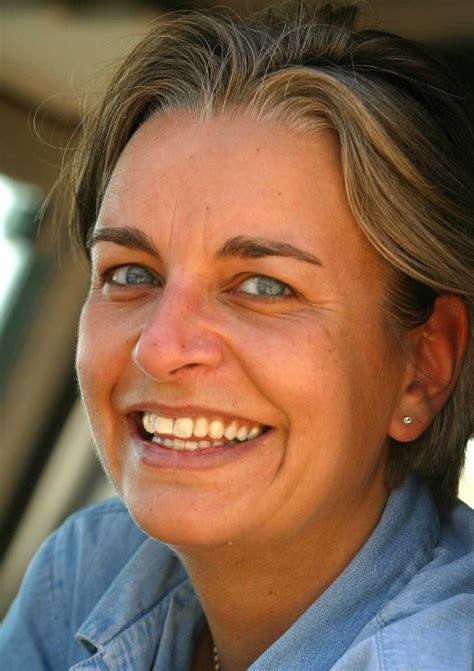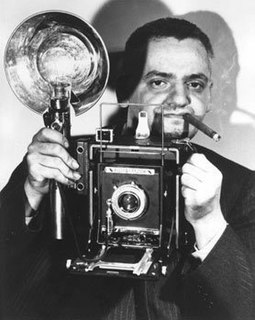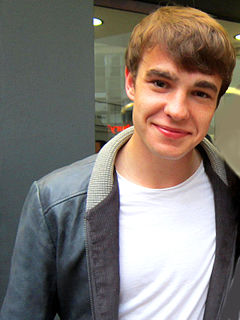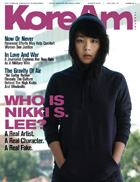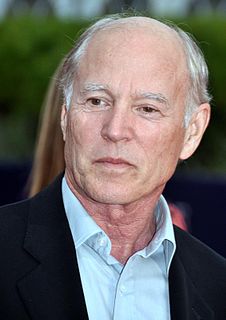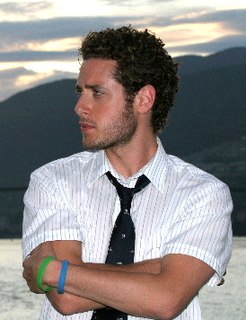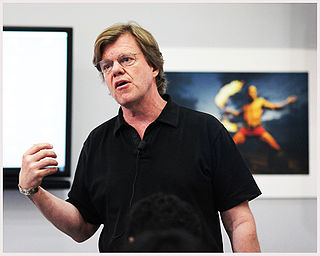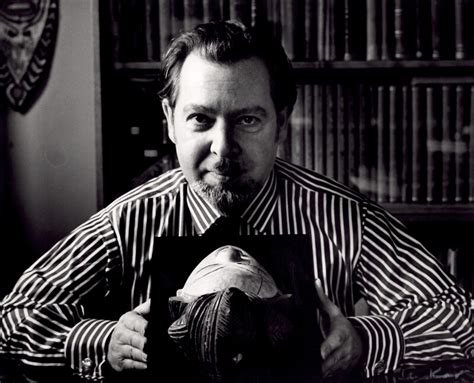A Quote by Leonard Nimoy
Making photos is helpful of course to master the craft. To get comfortable with the camera. Learn what a camera can do and how to use the camera successfully. Doing exercises for example if you try to find out things that the camera can do that the eye cannot do. So that you have a tool that will do what you need to be done. But then once you have mastered the craft the most important thing is to determine why you want to shoot pictures and what you want to shoot pictures of. That's where the thematic issue comes to life.
Quote Topics
Camera
Cannot
Comfortable
Course
Craft
Determine
Doing
Done
Example
Exercises
Eye
Find
For Example
Get
Helpful
How
Important
Important Thing
Issue
Learn
Life
Making
Master
Mastered
Most
Most Important Thing
Need
Once
Out
Photos
Pictures
Shoot
Successfully
The Most Important
Thematic
Then
Thing
Things
Tool
Try
Use
Want
What You Want
Why
Will
Related Quotes
The camera course was a bit crap. But when I was in drama school, I wasn't interested. I wanted to be a stage actress. I was not interested in learning camera craft. But then you throw yourself in the deep end when you do get a job in front of the camera because you have absolutely no idea what you're doing, and it is a skill.
I don't want to carry big things around with me. I'm lazy. The snapshot camera, you just carry it around and take the picture. You don't need to think about anything. People in the street are not going to wait for you with a big camera. They would freak out. With a snapshot camera, they are comfortable.
A sitcom, you rehearse for four days of the week and then you shoot it all in one night in front of a studio audience. It's like a play every week, you just shoot it over a seven or eight-day period with a single camera. I enjoy this format of show much more. I'm a feature guy. I like making movies. So the four camera thing I didn't love it that much. I found myself slightly out of my element.
Neither camera, nor lens, nor film determine the quality of pictures; it is the visual perception of the man behind the mechanism which brings them to life. Art contains the allied ideas of making and begetting, of being master of one's craft and able to create. Without these properties no art exists and no photographic art can come into being

